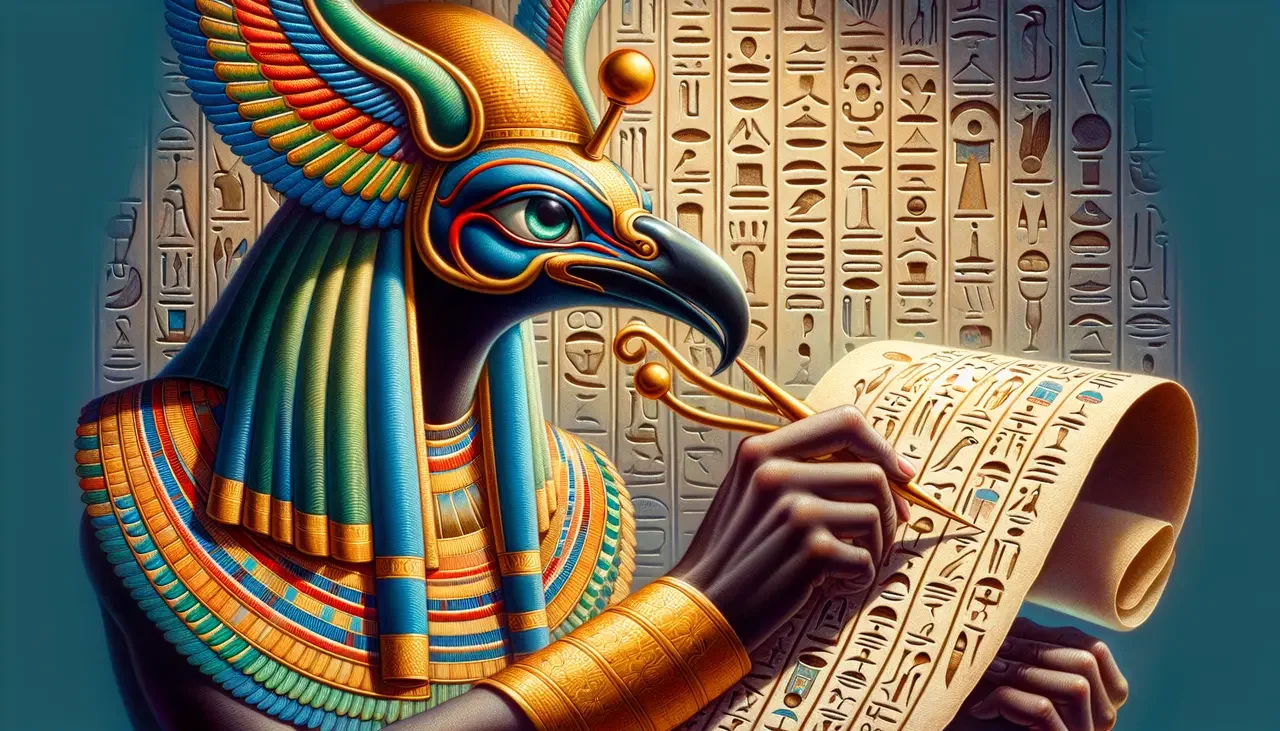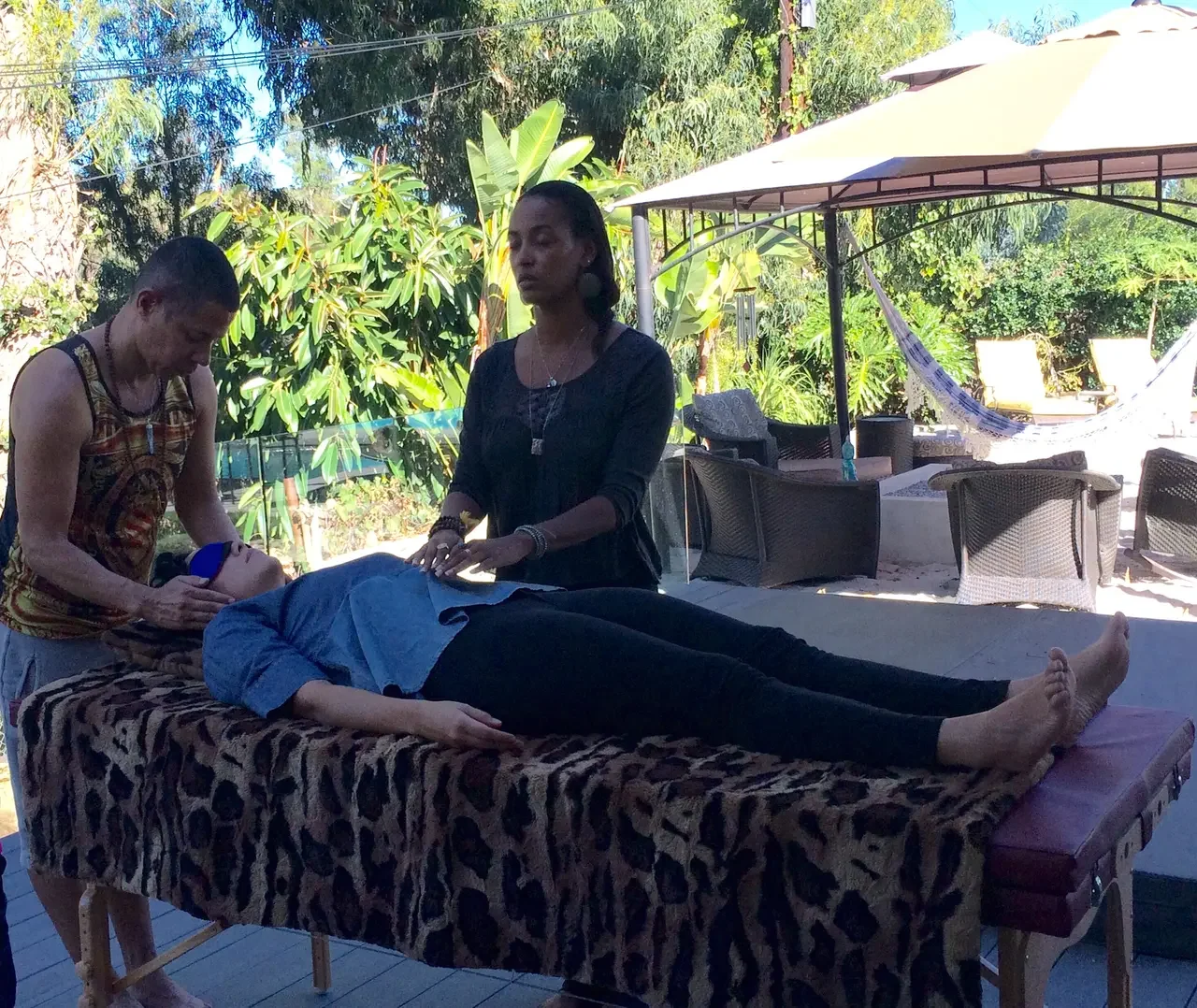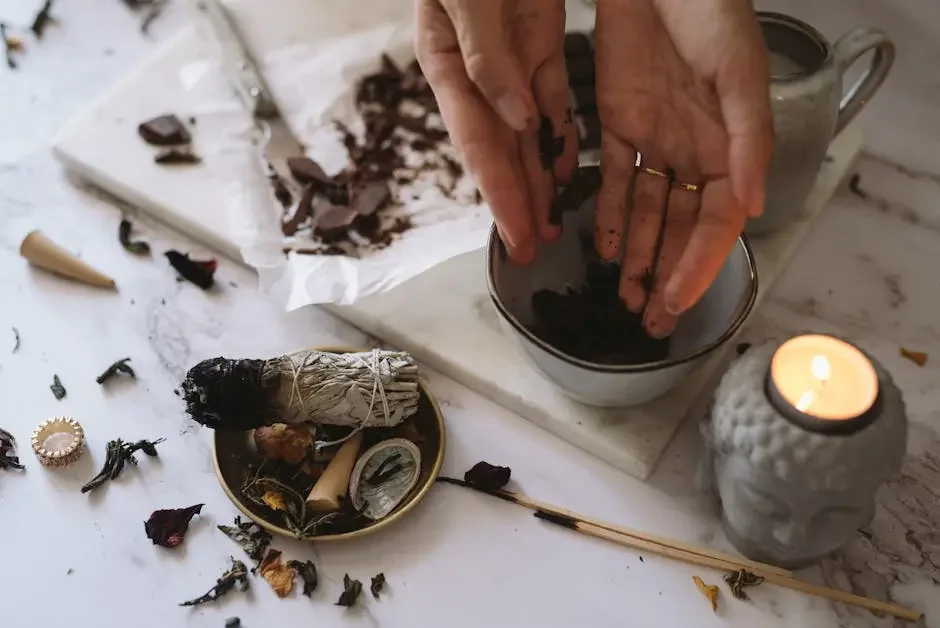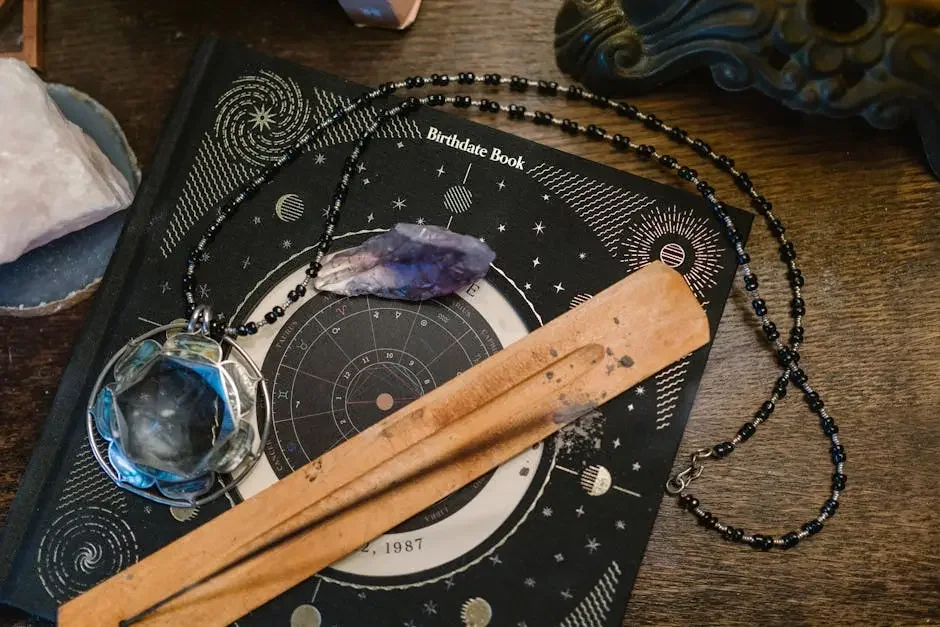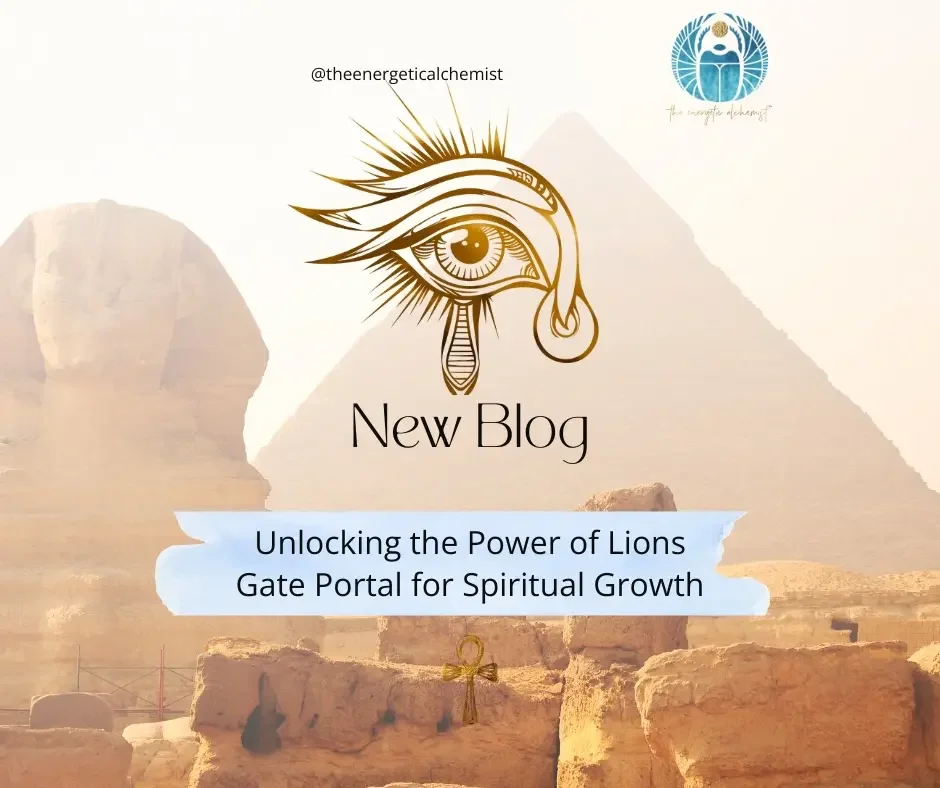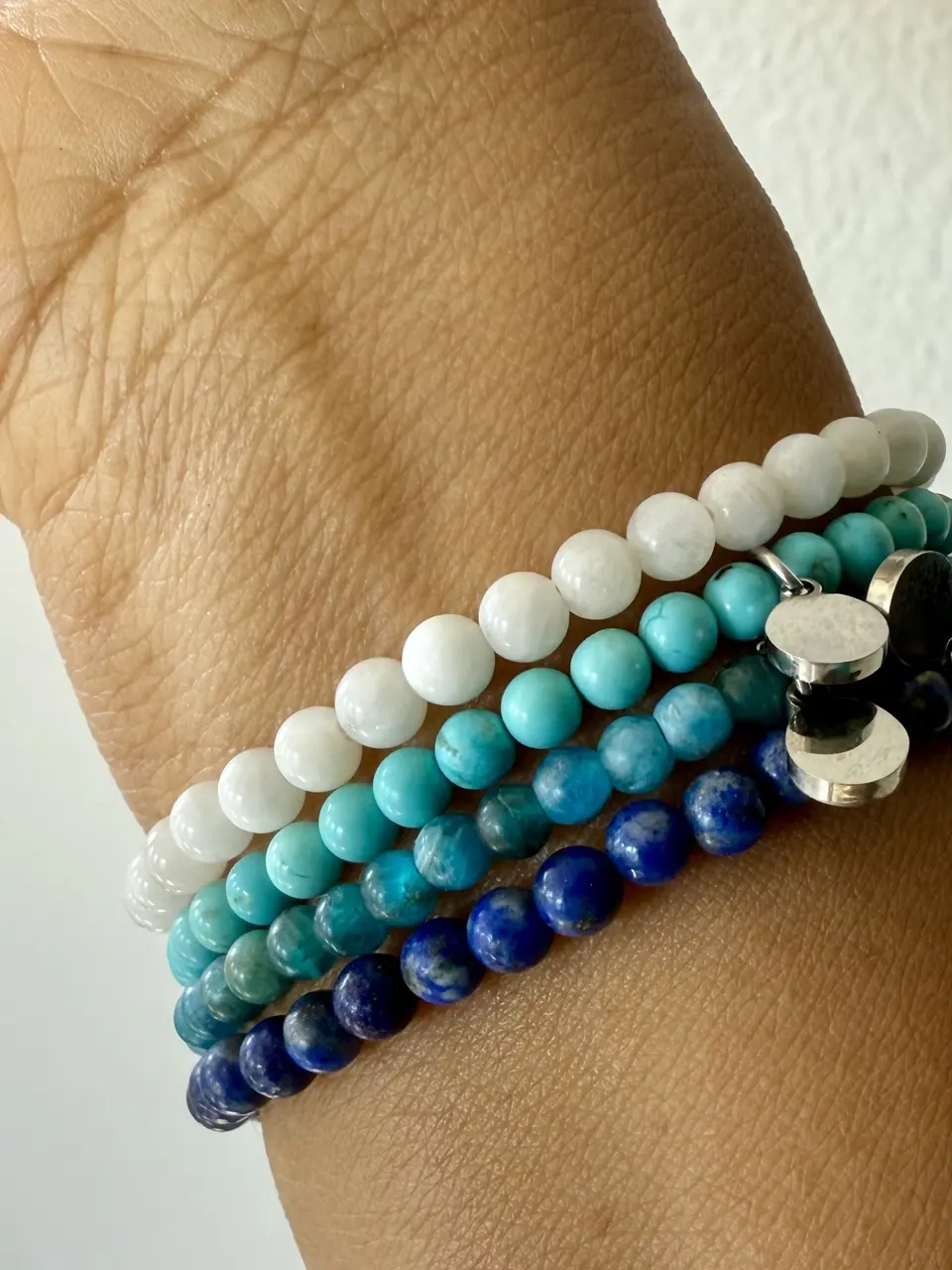Understanding Energetic Alchemy
Energetic alchemy is a form of spiritual alchemy, involving transformation of mind, emotions, behaviors and patterns - by choice. energies within and around us. It's often used as a system to support awakening, self-healing, regaining clarity, and confidence. I have also come to see it as a system of re-identification, supporting change in mindset and overcoming personal limitations.
Alchemy has been referenced in spiritual traditions throughout history, seemingly a new buzz word in the mainstream now. I personally resonated with this concept, and chose the name of my business to reflect this, because of what I began to experience through practice of Reiki, meditation, intuitive development, and hermetic studies. In this, I'm constantly exploring what energetic alchemy truly means, through my direct experiences, and how I can continue to use these principles and practices to support other seekers in their personal development.
The processes of transformation through energetic alchemy is similar to the ancient practices of alchemists who sought to turn base metals into gold, representing a metaphoric purification and enlightenment process. Essentially, energetic alchemy, as I practice and teach, follows a simple path, inspired by the system of Reiki, Hermeticism, intuitive development, and meditation:
Know Thyself: practices to support presence and reclaiming of mind, becoming a conscious observer of sacred shadows and divine illuminations
Master Thyself: practices to support self-mastery, consciously acknowledging and choosing one's thought-forms, words, actions, and energetic resonance
Become Thy True Self: practices to support sustaining and expressing true nature, through work of re-identification, embodiment and consistent expressions of higher frequencies
Through the sacred teachings and initiations, we have the ability to become more aware of true human function, relationship to subtle energies and the material realm, understanding of universal law, and reclaiming sovereignty. Foundational concepts like these, including interconnectedness, are what we explore and practice within The Alchemy Circle and Path of Self Mastery.
Historically, alchemy alchemy has found its place in various traditions, blending mystical beliefs with practical applications. Because of my love and foundation of Reiki, energetic alchemy is a more precise title for my work and teachings.
Whether you join me to study practices within the system of Reiki, teachings from hermeticism, intuitive development, rituals, or meditation techniques, the objective remains the same: to purify heart/mind intelligence, boost our vibrational frequency, understand and experience the principle of ONE, and become conscious co-creators of our life circumstances.
Practitioners often experience heightened intuition, clarity around purpose, and an enhanced ability to manifest in the frequency of authenticity as they shift away from limiting beliefs and embrace a more attuned relationship with their authentic selves. This shift from ordinary consciousness to a more expansive awareness can be truly liberating.
Identifying Your Comfort Zones
Often, we have an idea or feeling about what we want to experience, or what we feel called to do in our lifetime, but many of us never move beyond the vision or knowing because of personal fears, stories, and self-imposed limitations. We also have a tendency to cling to what's comfortable and familiar, even when it's no longer serving us, and/or not resonant with our true expression. This is the trap of comfort zones.
Before moving out of comfort zones, we have to identify them. These are the areas in life where you feel secure but may also be stagnating. It's the areas where you feel safe and bound to familiarity, but at the same time want to experience change. Recognizing these zones is the first step toward initiating energetic alchemy. It's an inside job, first and foremost.
Sometimes, your comfort zone can be a repetitive behavior, routine, thought-form, emotional response, or circle of connections. Our co-workers, circle of friends, and chosen environments can offer a feeling of safety but also potentially limit our growth. A telltale sign of comfort zone entrapment can be a lack of motivation or a dull routine that seems comforting yet unfulfilling. Once you recognize these zones, it's easier to challenge yourself to be honest about your why - your motivation, your story, and your willingness (or resistance) to change.
No matter where you are in your practice, you can start identifying your own comfort zones now. Make a list of situations, relationships, or activities that make you feel both secure and stagnant. This might also include your personal habits. By acknowledging these areas, you’re initiating you role in energetic alchemy, consciously engaging in your own self-management and push toward transformation that's freeing and inspiring. To be clear, it's not about abruptly leaving everything behind but rather about expanding or transforming your stories, beliefs, and boundaries to integrate new, enriching experiences into your life. This journey begins with small, deliberate steps that gradually lead you out of your comfort zones.
Using Meditation to Support Change
Meditation is also a powerful tool in energetic alchemy, helping to calm the mind, direct the mind, and open clarifying pathways for change. I offer free, guided meditations that can support you in starting or expand your sitting practice. Sign up for Alchemical Newsletter to gain access, including other tools to support your practices of self-observation and intentional co-creation.
As it relates to moving out of comfort zones, meditation promotes clarity of mind, allowing you to recognize thoughts and habits that no longer serve your highest purpose, also creating space to consciously choose to do things differently. This practice not only quiets the mind but also accelerates personal transformation by connecting you to your inner wisdom and guidance of your true heart-intelligence. Techniques such as conscious, intentional breath-work and guided visualization can be especially useful in meditation when cultivating the motivation to implement the changes you seek.
One effective meditation method is to focus on your slow and deliberate inhale and exhale, witnessing the experience of life force flowing in and out of your body. This technique encourages relaxation of mind and body, promoting clarity and reduction of tension. As you meditate regularly, you may find yourself more open to releasing control, softening stories that are fear-based, and allowing yourself to embrace the potential of new experiences. This openness can gently ease you out of current comfort zones. Additionally, meditative practices can increase your ability to access altered states of consciousness, where creativity and problem-solving are heightened, making it easier to envision and feel into a future beyond your current perceived limitations.
Before you say you don't have time for meditation - drop that story! This common excuse is another form of protection, giving you reason not to make change that you know will actually benefit you in some way. The truth - incorporating meditation into your daily routine doesn't demand hours; even a few minutes dedicated to stillness and intentional breathing can create significant results. This can be when you wake up, on your lunch break...pausing and stepping away from the TV or social media. There are many moments that you can take a moment to just be with you.
If you're just starting out or want to improve your meditation practice, working with meditation apps can be a helpful way to maintain consistency and stay motivated. You can also access some free, guided meditations on The Energetic Alchemist app:
Click Download from the Apple App Store
Click to Download on GooglePlay for Androids
Over time, you’ll likely notice a shift in your perceptions, with reduced anxiety and improved emotional resilience, making the idea of stepping beyond your comfort zones seem increasingly doable. Meditation becomes not just a practice but an empowering tool that supports you in daily experiences, communication, and decision making.
The System of Reiki: Self-Healing Through Energetic Transformation
Reiki, commonly known as a form of energy healing, has supported me in moving out of comfort zones in ways I hadn't planned. Because practices within the system of Reiki support release of suppressed emotions, clarity of mind, and reclaiming a fuller scope of who and what we are - I started to have the audacity to do things that I would have been resistant to in the past. The practices helped my feel more comfortable in being seen and heard, where I hadn't realized the confidence I lacked prior. I labeled myself shy and introverted, without realizing how much I actually enjoy "uncontrolled" interactions. This is what led to the start of Reiki Radio Podcast, and more recently, Awakening Airwaves, which further pushed me into the arena of collaborating more vulnerably and intimately with other teachers and practitioners. These are just two examples of how the work of energetic alchemy not only supported me in moving beyond comfort zones, but evidence of how such movement continues to add value to my life experience.
By engaging in Reiki practices, you are entrusting your mind-body to harness healing energies conducive to energetic alchemy. Many people turn to Reiki when they feel stuck or in need of a major change, just as I was guided to do after experiencing anxiety induced by the transitional phase of being laid-off and not knowing what I wanted to do next.
Have you started this journey yet? It starts with your "yes", and then the gentle yet potent energetic transmission (reiju, or attunement) that initiates detoxification at both an emotional, mental and physiological level. This experience encourages rejuvenation and propels personal and spiritual growth. The key though is your consistency in practice afterwards. Energetic Alchemy, in any form or practice, is never a "one and done" - it's relationship between you and divine intelligence that requires nurturing, relationship building, direct experiences, and time.
Reiki can be particularly helpful for those entangled in unhealthy thought patterns or suffering from perpetual fatigue. As these energies are harmonized, you may find the courage to face challenges differently and broaden your horizons in new ways.
Exploring Hermeticism for Personal Growth
Rooted in ancient wisdom, hermeticism offers insights into the universal laws and our relationship to the working and order of divine intelligence. By exploring these principles, I've gained new perspectives and a beautiful curiosity that encourages me to experiment with new perspectives, ideas, and actions. Like Reiki, Hermeticism posits that everything is interconnected, allowing for deeper comprehension of the unseen forces that shape the material realm and our lives. These teachings are infused into my work of energetic alchemy because they can help you understand the cyclical nature of life and how to harness these cycles to your advantage.
The teachings of hermeticism revolve around mentalism and the notion that ALL is mind. By studying these ideas, and the additional priniples, you begin to recognize the illusionary dualities that can restrict the mind. This understanding can help shatter illusions that bind you to your comfort zone, even the unconscious restrictions. Applying these philosophical tenets can also invigorate your confidence to explore new paths, knowing that each step you take is aligned with the grand scheme of the cosmos. Through this lens, personal growth transcends ideas of historical limitations, guiding you on a spiritual journey that continually expands your reality.
Creating Actionable Steps
While understanding concepts is crucial, taking action is what drives change. Learn how to create actionable steps that integrate these energetic practices and propel you forward. You can start by setting clear, achievable goals that align with your newfound insights from energetic alchemy. This could involve setting a daily intention, attending a reiki session, or dedicating time to meditation. Goals serve as a framework to not only guide your actions but also measure your growth, providing a clear picture of how far you've ventured beyond comfort. You can also join me for a personal session to explore your next steps and education within energetic arts.
To maintain momentum, it's helpful to cultivate a support system. This could be a community of individuals or a mentor who resonates with your journey, which is why I created The Alchemy Circle. Registration for 2026 is now open.
In the process of moving out of comfort zones, reflection on progress is equally important. Celebrate small victories and acknowledge how overcoming apprehensions have enriched your life. As you integrate practices like meditation, reiki, and hermetic thought into your daily routine, you'll create an environment where growth feels less like a leap into the unknown and more like a natural evolution. Each step builds upon the last, transforming initial trepidation into confident expansion.
Embrace the Journey Beyond Comfort
Breaking free from the comfort zones requires both courage and a willingness to explore life in new ways. With energetic alchemy, you can access tools and practices that make this process not only manageable but also empowering. Join me to embrace the journey and tap into the limitless potential that lies just beyond your comfort zones. You'll never know until you try.
Cheers to your new exploration and energetic alchemy!


